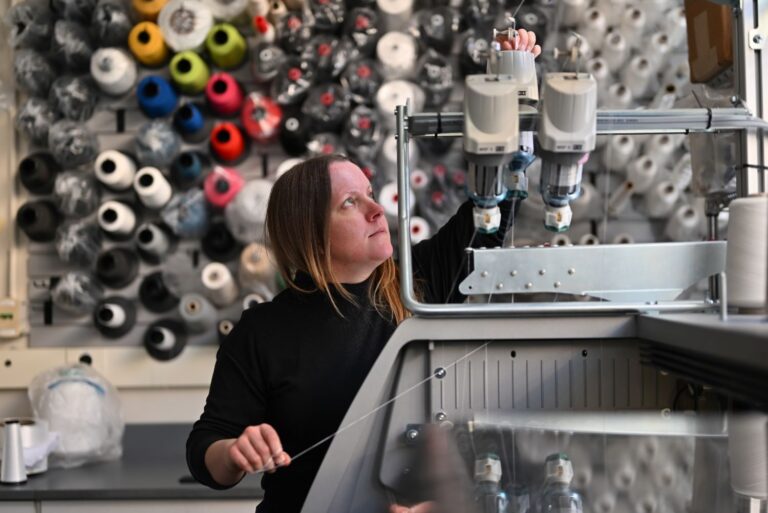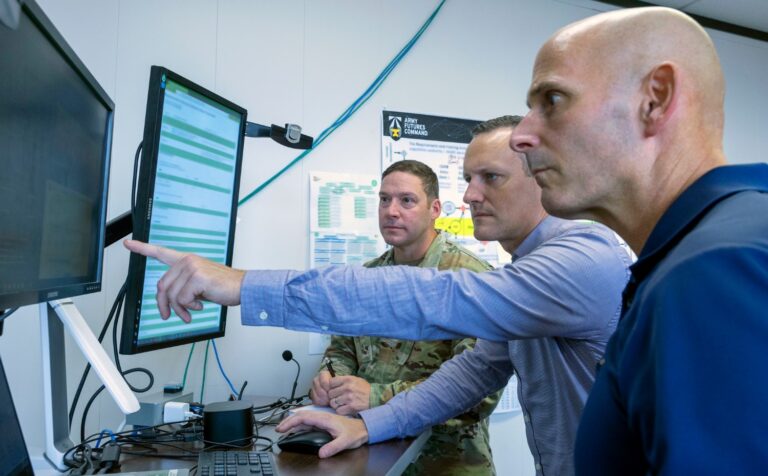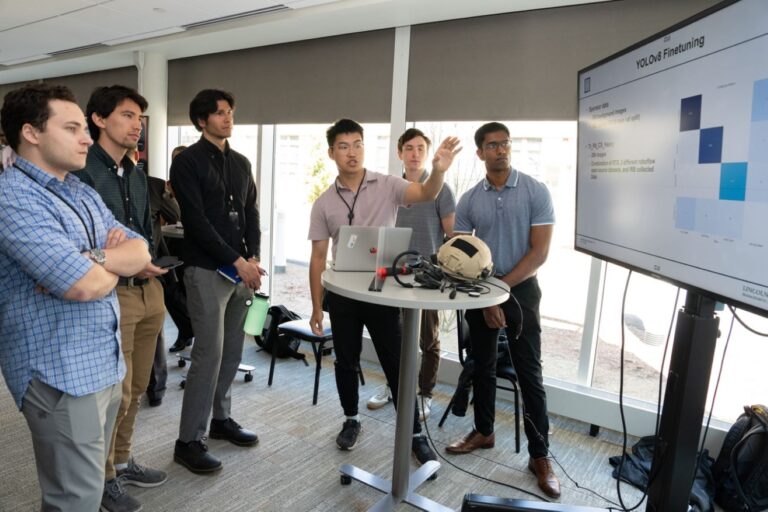Flywheel Building Federated Data Platform for Development of Unbiased Breast Imaging AI
MINNEAPOLIS–Flywheel, the leading data management platform for biomedical research and collaboration, is creating a federated data network aimed at improving artificial intelligence (AI) for breast imaging. Funded in part by the National Institutes of Health (NIH), the federated network will support breast imaging AI research and collaboration on a scale not previously possible.
Medical AI developers need massive amounts of data to ensure their technology performs well across populations. Check out what @Flywheel_io is doing to make more data available for breast imaging AI.
Two Flywheel technologies underpin the project. Flywheel Discovery, a cohort discovery tool, will connect with the imaging archives, mammography information systems, and EHRs of participating healthcare providers to identify relevant breast imaging data and curate it to common standards. Summaries of the datasets will then be published on Flywheel Exchange, a next-generation platform for research data sharing, where they can be browsed by researchers and licensed for secure use.
More diverse data is sorely needed by AI developers. Currently, data from health systems in just a few states make up the majority of training data for deep learning algorithms, while broad swaths of the country are “data deserts” with little to no representation. This can contribute to bias in AI and further compound the disparate outcomes between populations of breast cancer patients. Given the shortage of breast imagers in many communities, providers need the most accurate AI tools possible to assist radiologists in increasing efficiency and quality of care.
Flywheel Exchange keeps patient data in place, simplifying compliance with HIPAA and IRB requirements for researchers. Testing and improving AI through federated analysis and federated learning is accomplished through moving the algorithm(s), rather than the data, across institutional lines. Healthcare providers retain full possession of patient data, while the algorithm being trained “visits” the data where it resides and carries weighted scores back to researchers. As healthcare providers embrace this approach, federated learning has the potential to dramatically improve the amount and diversity of data available to the research community.
“We are creating the complete data science stack to address the all-too-common challenges of healthcare researchers and AI developers,” said Jim Olson, CEO of Flywheel. “This solution combines both federation capabilities and the data science infrastructure to capture data and ensure consistent curation. Without that, researchers spend 80% of their time on menial data-wrangling tasks. We’re creating the tools for data owners and data consumers to find each other and collaborate with unprecedented efficiency so they can make breakthroughs in care.”
Flywheel plans to unite academic medical centers, community health systems, and essential hospitals on its network, further building the catalog of data that AI developers, life sciences companies, and other researchers can license to power their research. Interested institutions can visit flywheel.io/exchange for more information and stop by the Flywheel booth at RSNA (South Hall, Level 3 #4346).
About Flywheel
Flywheel is the revolutionary research data management platform powering healthcare innovation by accelerating collaboration, enabling machine learning, and streamlining the massive task of data aggregation, curation and management. By leveraging cloud scalability and automating research workflows, Flywheel helps organizations scale research data and analysis, improve scientific collaboration and accelerate discoveries. Flywheel offers comprehensive solutions for life sciences, pharmaceutical, biotech, academic, and clinical research. Flywheel is headquartered in Minneapolis and has offices in the Bay Area, St. Louis, and Budapest. For more information on our mission and products, visit www.flywheel.io or follow us on Twitter and LinkedIn.








